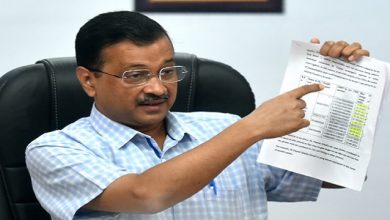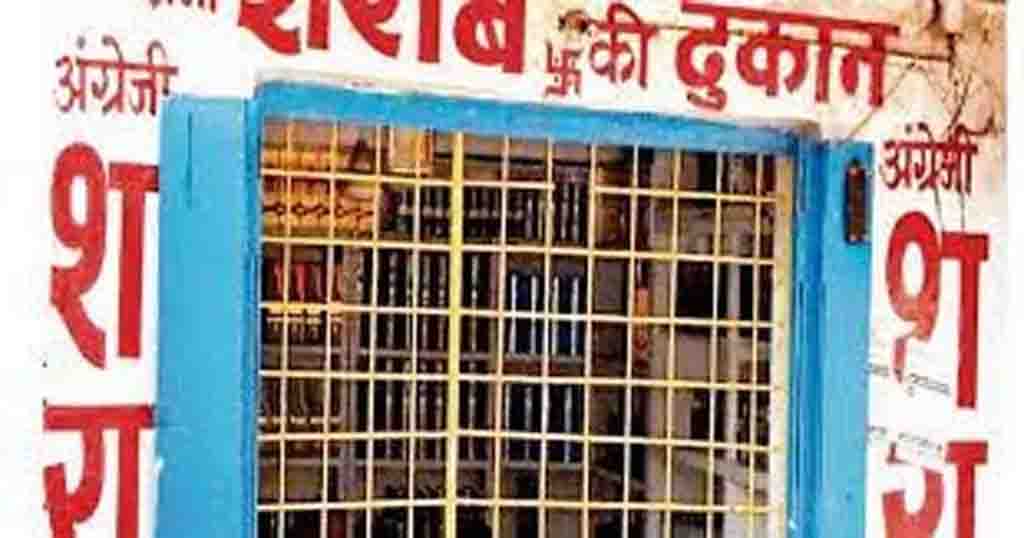Bill empowering President with accountability of IIMs passed

New Delhi: The Lok Sabha Friday passed a Bill seeking to entrust the management accountability of the IIMs with the President, who will be a Visitor and have powers to audit their functioning, remove directors and nominate a member in the selection committee. Piloting the Indian Institutes of Management (Amendment) Bill, 2023, in the Lower House, Education Minister Dharmendra Pradhan said the government has no intention to take away the academic accountability from the institute but the Bill will only ensure its management accountability as the Centre has spent over Rs 6,000 crore in setting up the IIMs. Under the existing dispensation, the President of India is also a visitor at IITs and NITs, but no questions are being raised on the academic autonomy of these institutes, Pradhan said. The Bill, which was introduced on July 28, was passed by the Lower House by a voice vote amid disruptions by opposition members over the recent violence in Manipur. According to the Bill, which seeks to amend the IIM Act of 2017, the President will be a Visitor to the Indian Institutes of Management (IIMs) with powers to audit their functioning, order probes and appoint as well as remove directors. “The Visitor may appoint one or more persons to review the work and progress of any institute, to hold enquiries into affairs thereof and to report in such manner as the Visitor may direct. The board may also recommend to the Visitor an enquiry as deemed proper against the institute which has not been functioning in accordance with provisions and objectives of the Act,” it stated. Under the IIM Act, which came into force in January 2018 and granted the premier B-schools greater autonomy, the board of governors of each institute has 19 members which includes just one representative each from the central and state governments. The board nominates its remaining 17 members from among eminent personalities, faculty and alumni. It also appoints the search panels for the appointment of new directors and chairpersons, and later, makes the appointments if it agrees with the search panels’ recommendations.
















